For more than ten years, “upgrading the stock market” has been an ambitious but demanding goal. September is considered a decisive moment, when FTSE can officially move Vietnam out of the frontier market group to join the emerging market. This does not come from luck. This is the crystallization of a series of persistent reforms, from technology infrastructure to law, from trading habits to market discipline.

Key adjustments such as shortening the settlement cycle to T+2, putting into operation the modern KRX system to replace the two-decade-old infrastructure, allowing odd-lot trading to expand access, or removing margin requirements for foreign investors, have shown a determination to go beyond “polishing” the profile. It is an effort to rebuild the foundation of a capital market that wants to make a qualitative breakthrough.
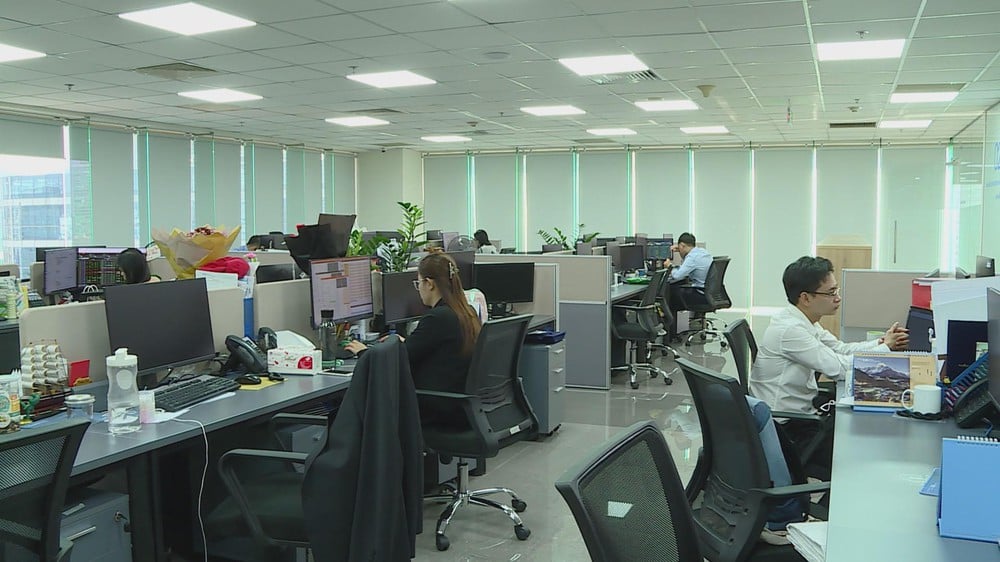
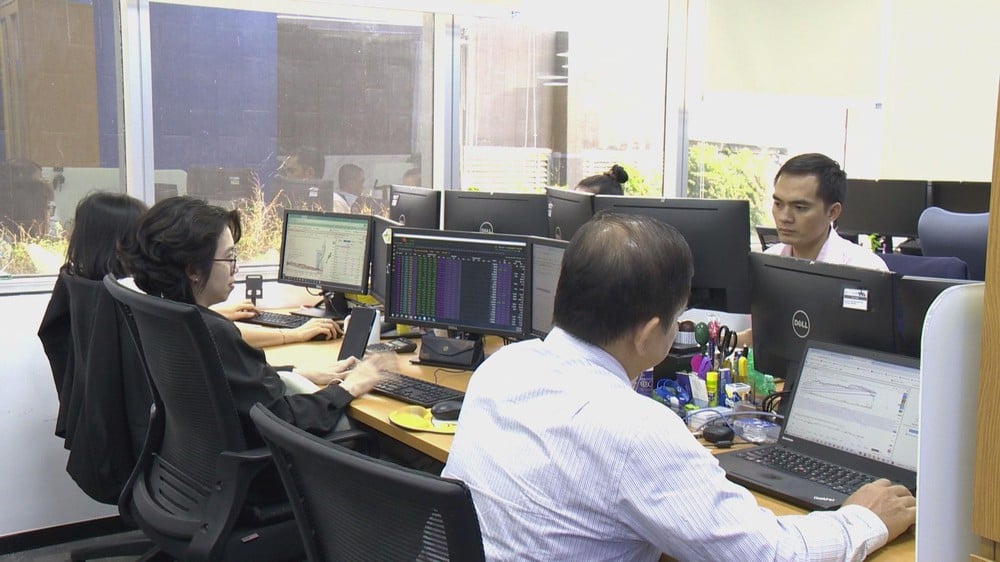
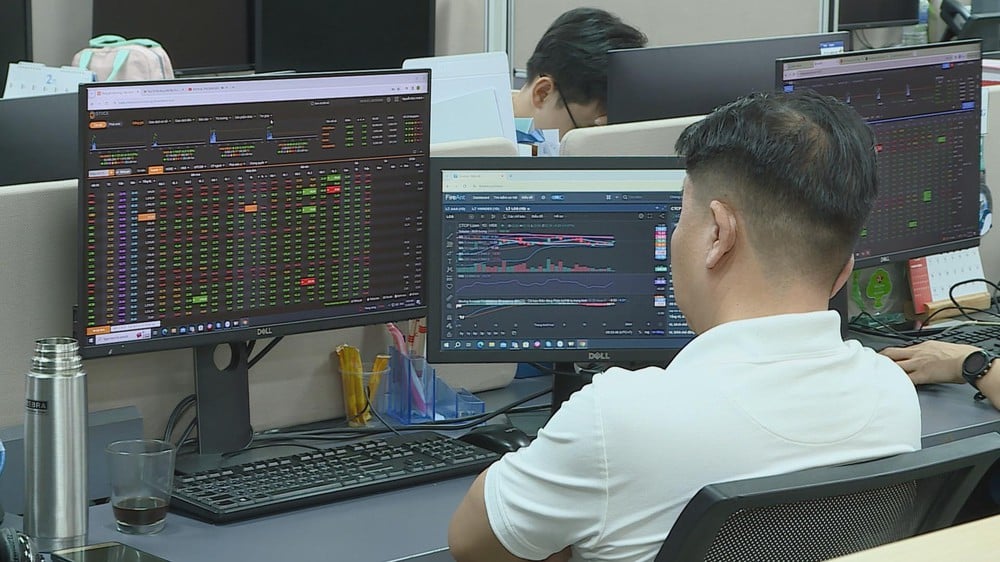
Vietnam's stock market is entering a pivotal phase with many important reforms, opening up opportunities for upgrading and attracting international capital flows.
In the background, the macro variables that inspire the upgrade story are not only procedurally correct, but also timely. GDP growth in the first half of the year reached 6.4% in a global context with many uncertainties, inflation remained under control, and the exchange rate was stable. More importantly, confidence in the future is gradually being restored.

That ticket will only be valuable if the market continues to demonstrate its ability to comply and resist new fluctuations.

According to Mr. Truong Hien Phuong, the advantage of this time lies in the synchronous readiness between institutions, infrastructure and processes. The technical bottlenecks that have lasted for a long time, from the clearing and settlement stage to the margin requirements for foreign investors, have been completely resolved. What the market needs now is not empty affirmations, but the reliability of repeated operations every day, where millions of trading orders pass through without revealing system weaknesses. He emphasized: “The most important thing is that the preparation has been completed, from the trading system, legality to regulations. The management agencies, the Stock Exchange and the Depository Center are ready for the market to be recognized at a new level. ”
Stock Upgrade - Golden Opportunity, Not Luck
September is therefore not just a milestone, but a comprehensive test of institutional capacity. An upgrade decision, if it comes, will reflect the quality of the upgrade journey over the years, while also setting a new standard for the next phase: implementing market discipline as a mandatory practice, not just "a nice goal on paper".

The launch of the KRX system marks a generational technological shift. Rather than just a “machine upgrade,” KRX promises the ability to process large volumes of orders with low latency, expand the scope for new products, and enable full implementation of international standard processes. Few people see that on the surface of the interface are countless simulated scenarios that have been tested during the testing phase: from extreme order congestion to handling interconnection failures between the Exchange, securities companies, and the Depository Center. Just one unstable link is enough to undermine the confidence of institutional investors - who place great importance on system safety before any allocation decision.
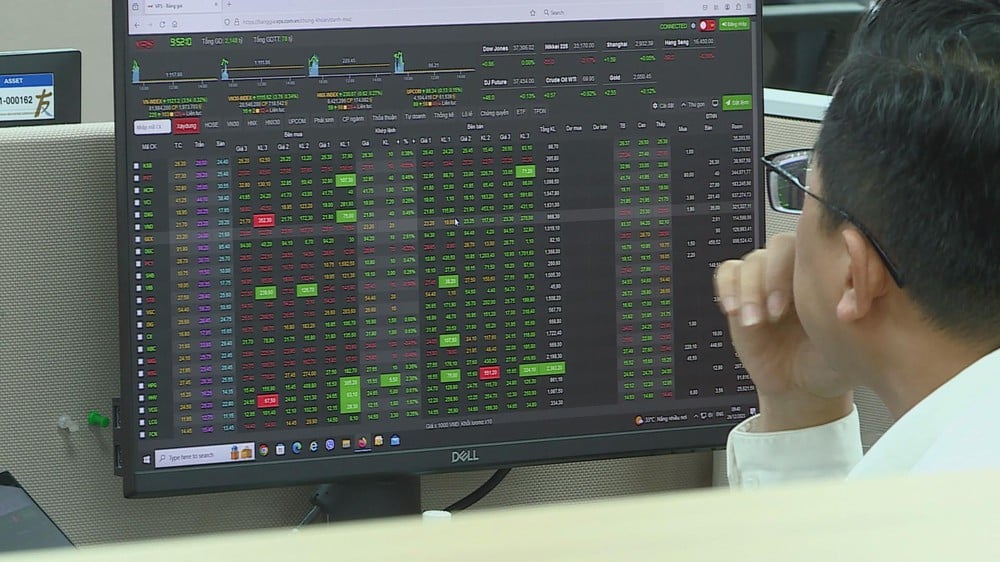
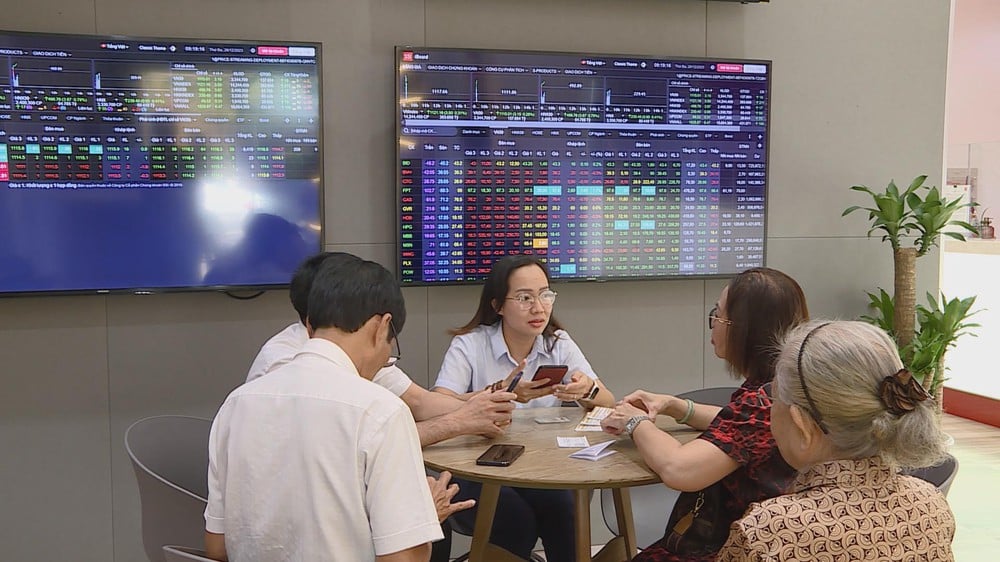
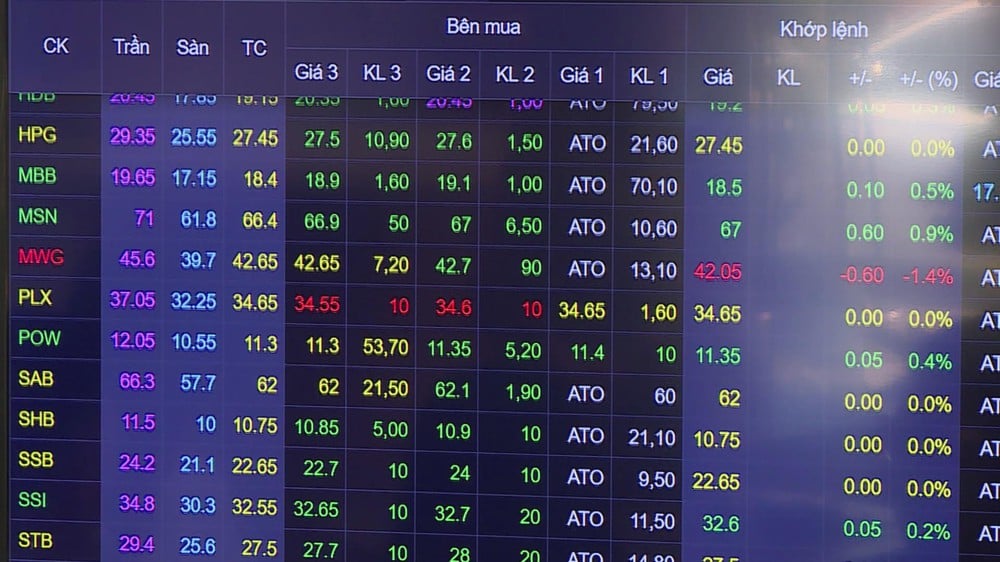
The KRX system was put into operation, marking an important technological step forward, helping the Vietnamese stock market become more transparent and modern.
Along with infrastructure comes a new approach to governance. As technical standards are raised, compliance requirements for market participants become more stringent. Transaction monitoring, data reporting, information disclosure, and operational discipline directly shape the quality of inflows. Market upgrades create additional opportunities to attract capital, but the prerequisites remain transparent infrastructure and consistent operations.

Estimates suggest that if upgraded, Vietnam could receive between $5 and $8 billion in foreign capital. But an equally important question is the “stickiness” of the capital flow: will it stay, or will it just pass through and leave when external conditions change? The answer lies in the institutional environment. A predictable legal framework with few sudden changes, streamlined administrative procedures, and clear investor protection mechanisms will reduce the cost of risk, thereby extending the stay of the capital flow. Information transparency is not only a legal obligation of businesses, but also a condition for institutional investors to build accurate risk pricing models. When information is reliable, the cost of capital decreases, and good businesses will be fairly valued.
At the macro level, resilience to external fluctuations - from global interest rate cycles to geopolitical instability - is the decisive foundation. Capital flows will find it difficult to stay in the market for a long time if policies are unstable and change suddenly. On the contrary, consistency in management orientation, flexible coordination between fiscal and monetary policies, and commitment to maintaining macroeconomic balance will be the most convincing reasons for investors to increase their allocation to Vietnam after the upgrade.

In the first half of 2025, macroeconomic indicators show that the room for expectation is no longer a fragile hope. Growth of 7.52% puts Vietnam in the leading group, inflation of 3.27% remains within the allowable range, exchange rates are stable, capital costs are relatively attractive for businesses and public debt is under control. Along with that context is the increasing trend of FDI and FII capital flows, reflecting a change in international investors' views on management capacity and long-term prospects.
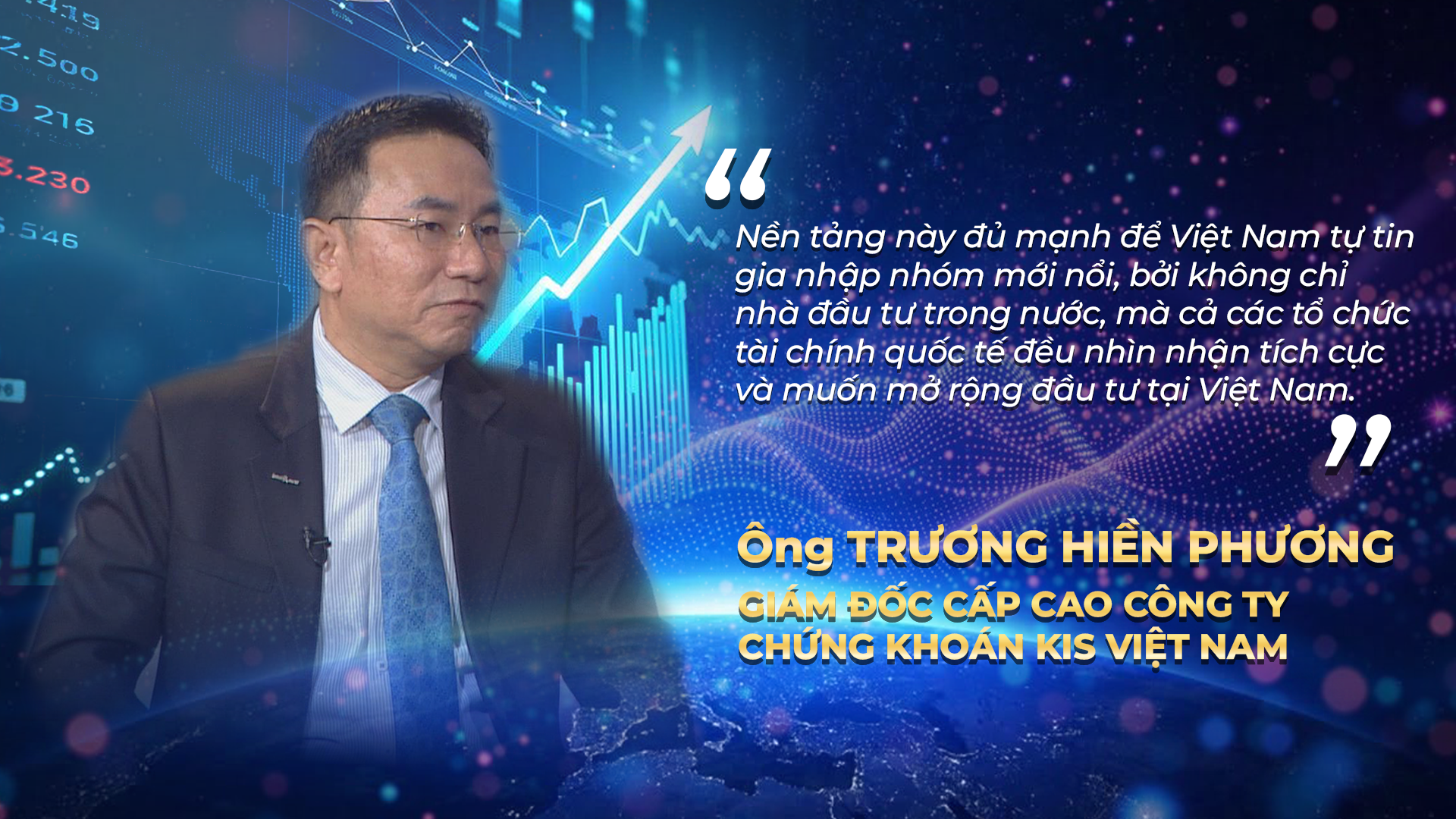
Notably, the second quarter business results show that profit margins of many businesses have improved, especially in industries that benefit from public investment and consumption recovery. When profits actually increase, market expectations gain a foothold. This is also the most sustainable way to ensure that the upgrade does not turn into a short-term “shock” but becomes a catalyst for a new revaluation cycle.

International experience shows that upgrading can bring immediate capital flows, but maintaining the status requires continuous reform. Vietnam has proactively initiated dialogues with FTSE, MSCI, and consulted institutions such as the World Bank and IMF to finalize the criteria. The goal is not to stop at a ranking, but to achieve the standards of both FTSE and MSCI. This is a necessary step if Vietnam wants to expand the “depth” of global institutional investors, especially large-scale index funds and active funds.
Stock Upgrading - Potential Leverage for Vietnam's Economy
After the upgrade, market expectations for businesses will also change. Governance standards, reporting transparency, ESG strategies and consistency in information disclosure will become mandatory criteria instead of “plus points”. Listed businesses therefore need to view the upgrade as a “runway” to restructure governance, expand long-term capital mobilization channels and proactively dialogue with international investors, not just as a short-term event affecting stock prices.

BANNER
The upgrade, if realized, would have multi-layered impacts. In the capital market, funding costs could be reduced as country and market risks are reassessed. At the corporate level, the position of Vietnamese companies in the supply chain would be strengthened as they gain access to international institutional investors, expanding M&A opportunities and strategic partnerships. At the national level, the image of a safe, transparent and well-governed investment destination would be further enhanced in the region.
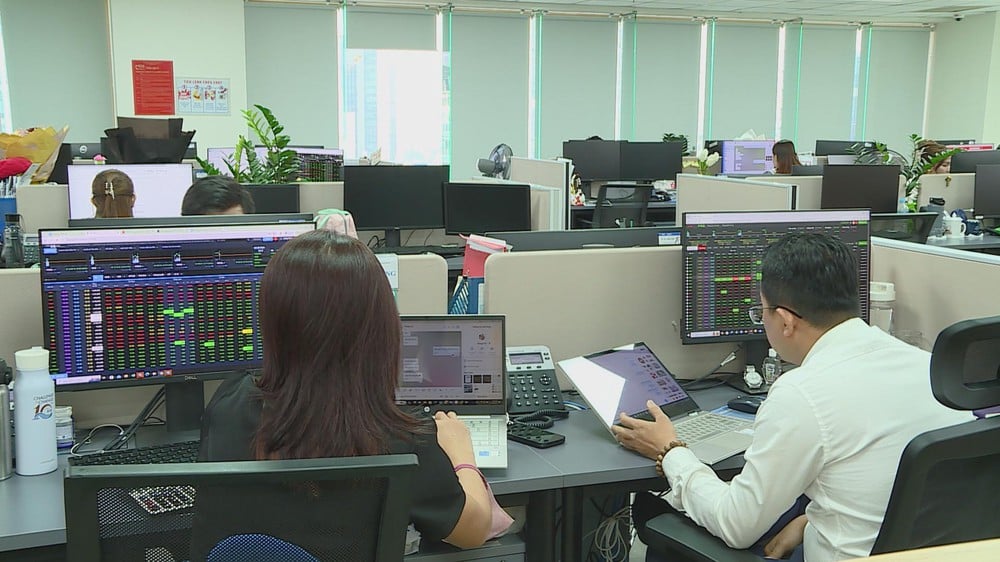
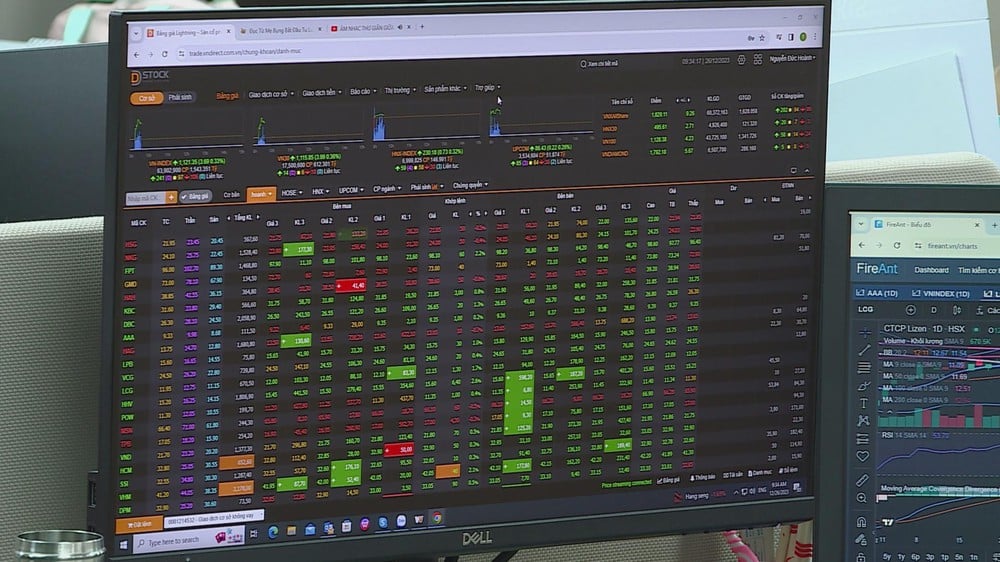
Upgrading the market not only opens up many new opportunities, but also poses greater responsibilities, requiring all subjects to mature and adapt together.
However, with opportunity comes greater demands. The investor base will shift towards institutions, with greater compliance expectations. The market must prepare for a time when international standards on reporting, disclosure, risk management and trading discipline become the “rules of the game” rather than recommendations. The upgrade is therefore not a freebie; it is a positive constraint that forces all actors in the ecosystem to mature.

With a macro foothold, public investment momentum and improved corporate profits, Mr. Truong Hien Phuong expressed a well-founded belief: “ I believe that the Vietnamese stock market has enough momentum for the VN-Index to soon surpass the threshold of 1,600 - 1,700 points. ” However, the score is just a consequence. What the market needs more is a sustainable growth cycle, where valuations reflect the true internal strength of businesses and macro risks are well managed. To do so, institutional reform must continue, implementation must be stable and market discipline must be considered an immutable principle.
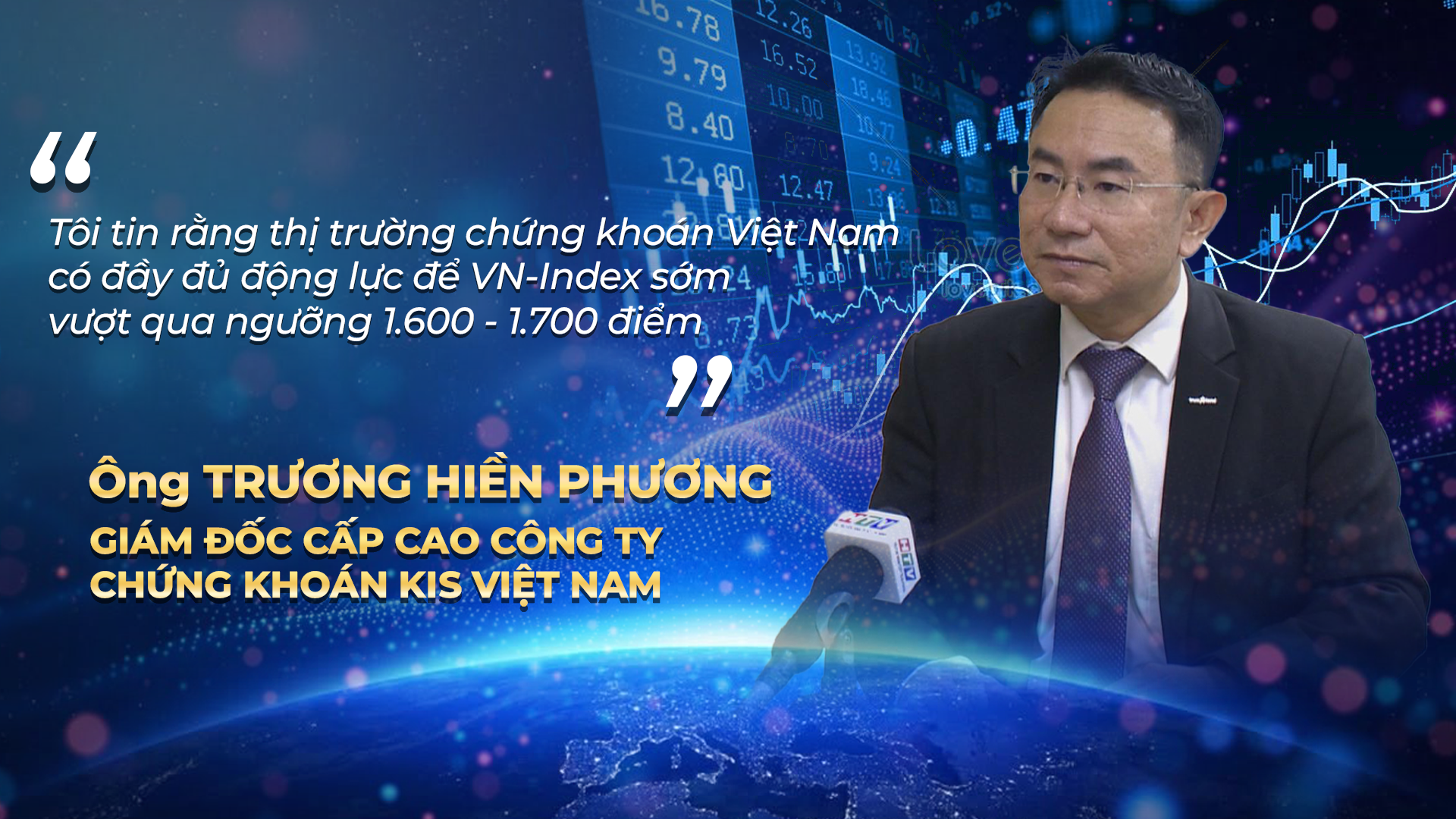
If the upgrade comes in September, it will be a milestone for the capital market and a strong message about the economy’s governance capacity. However, as has been emphasized throughout, the upgrade is not the finish line. It is the beginning of a new phase, where Vietnam needs to prove every day that it deserves its new status through transparency, discipline and continuous reform. The door is open, the remaining issue is to take a firm enough step to go far.
>>> Please watch HTV News at 8:00 p.m. and 24G World Program at 8:30 p.m. every day on HTV9 channel.

Source: https://htv.com.vn/thi-truong-chung-khoan-viet-nam-tien-gan-hon-voi-ky-vong-nang-hang-222250816153917601.htm


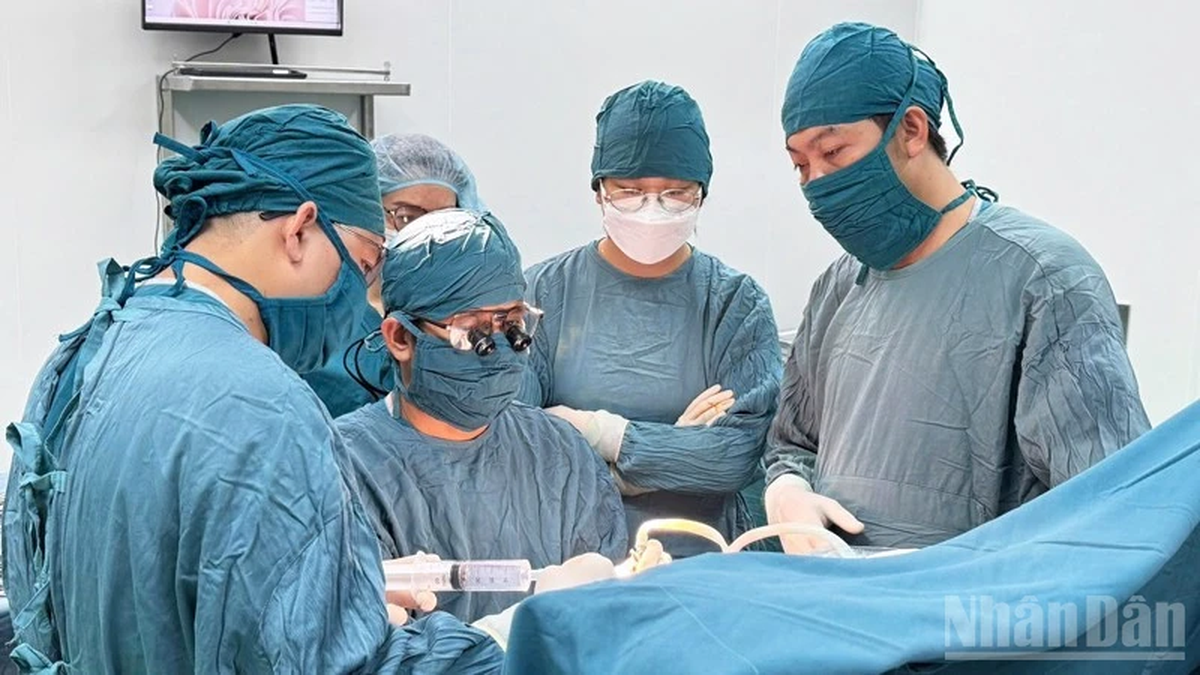
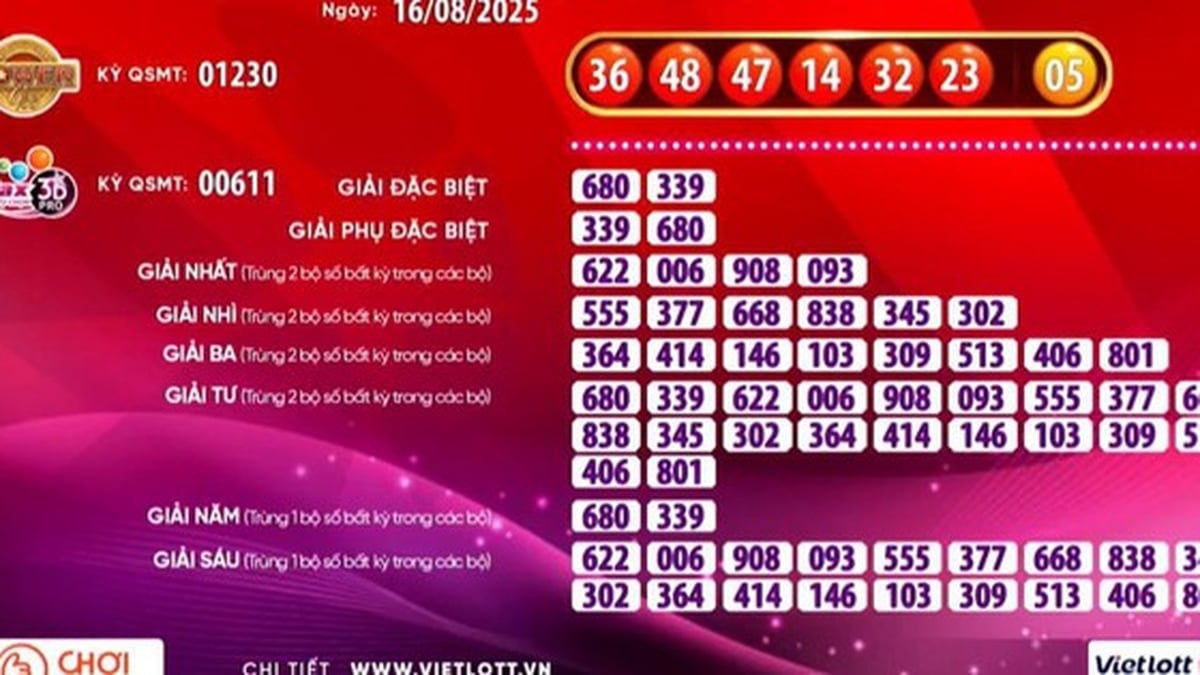

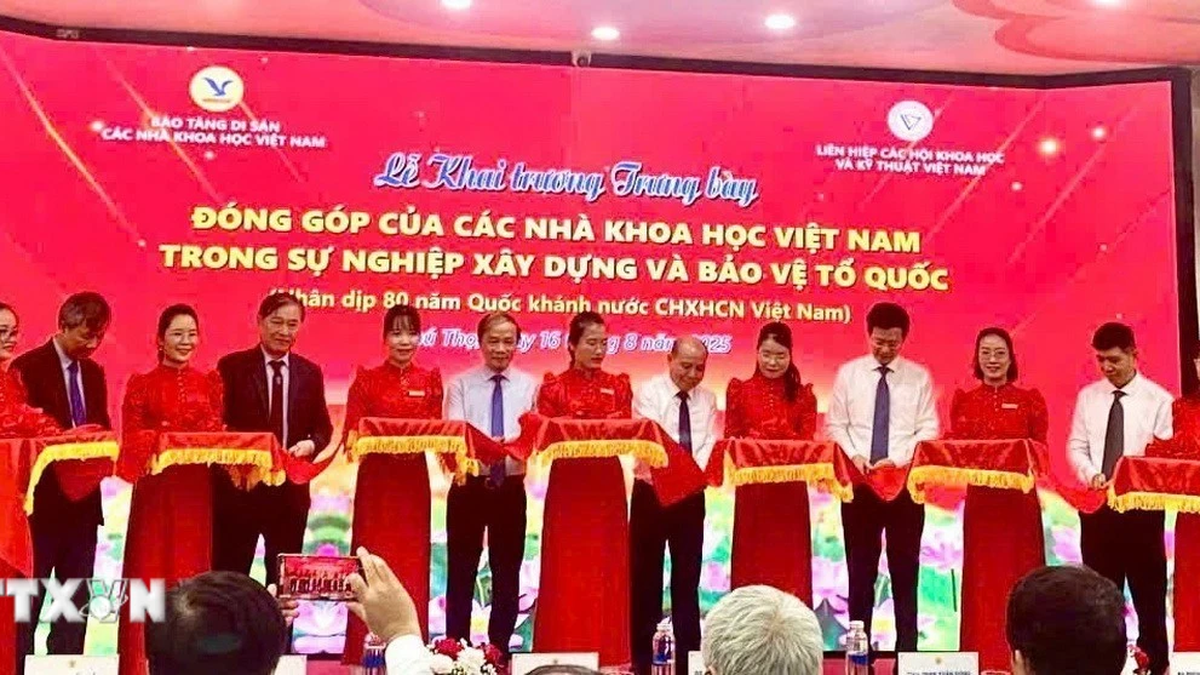


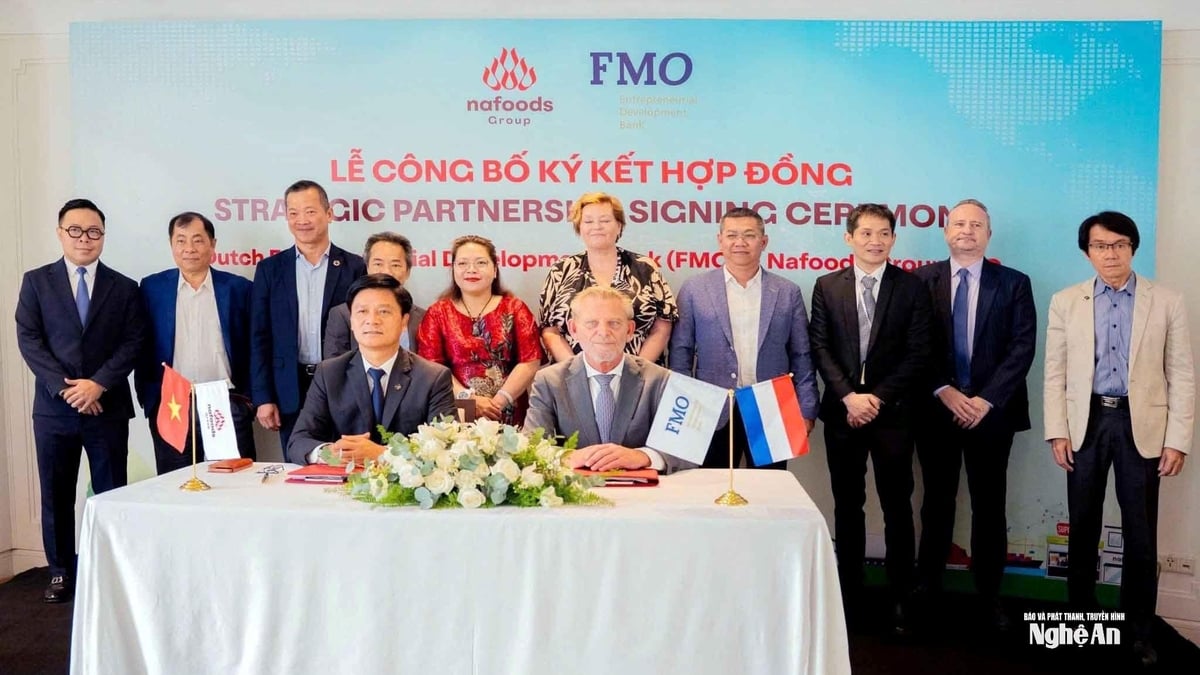


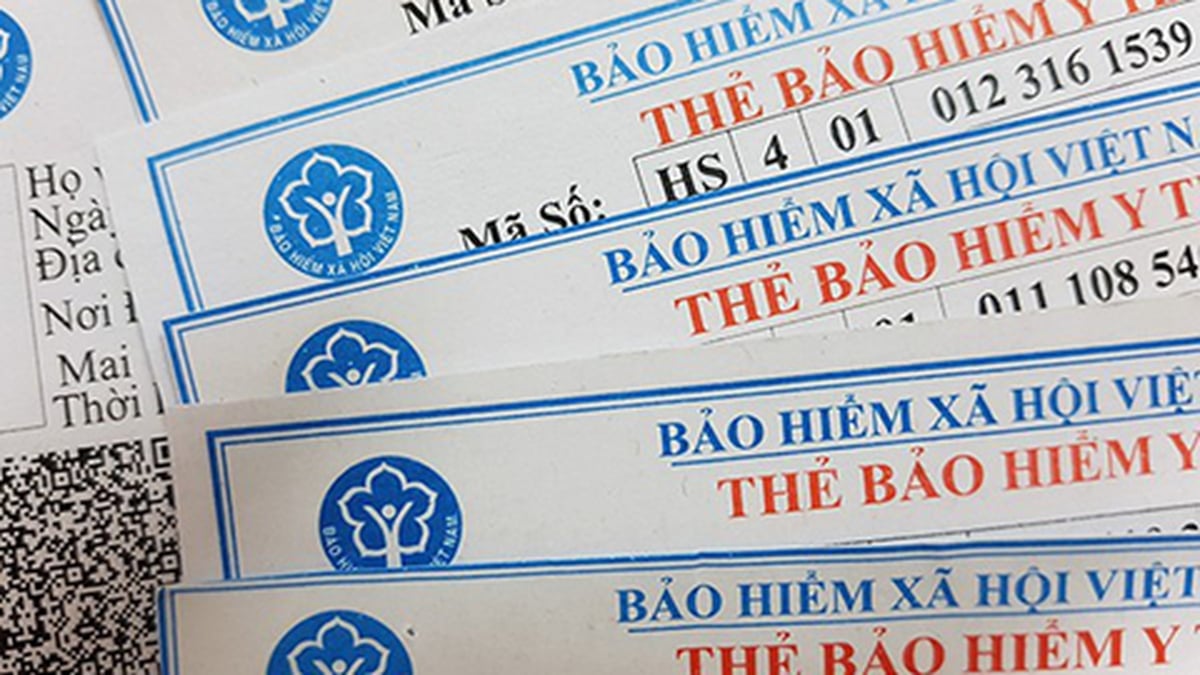














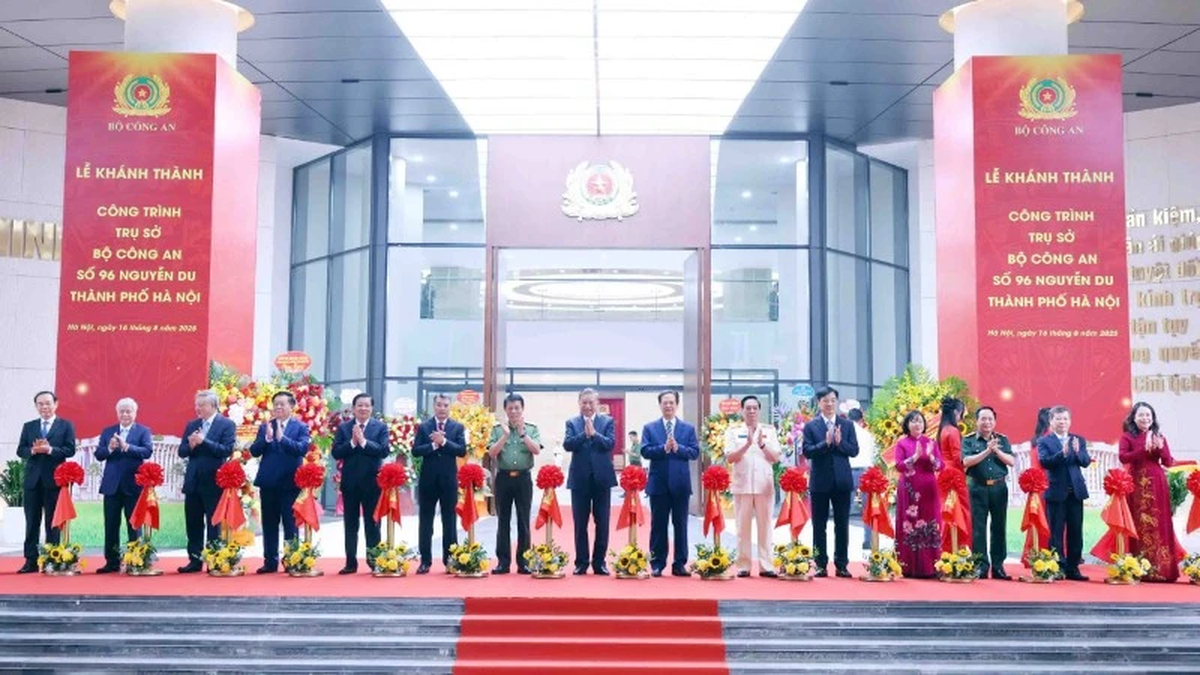
![[Photo] National Assembly Chairman Tran Thanh Man attends the program "Returning to the source - Towards the future"](https://vphoto.vietnam.vn/thumb/1200x675/vietnam/resource/IMAGE/2025/8/16/d081d9c162ee4ed9919e723aa322a53a)
![[Photo] General Secretary attends the inauguration ceremony of the Ministry of Public Security Headquarters](https://vphoto.vietnam.vn/thumb/1200x675/vietnam/resource/IMAGE/2025/8/16/3ceec3a24ef945c18ae2b523563b749d)


![[Photo] “Moving forward with Vietnam” on the most romantic road in Vietnam](https://vphoto.vietnam.vn/thumb/1200x675/vietnam/resource/IMAGE/2025/8/16/0ee500bc59fd4468863261ee26f47fe7)


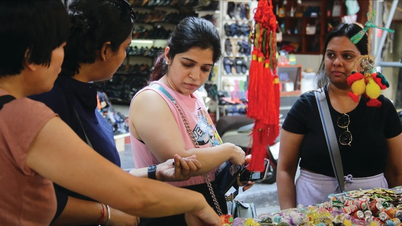















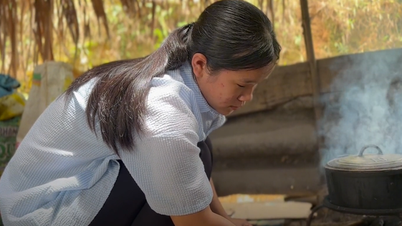

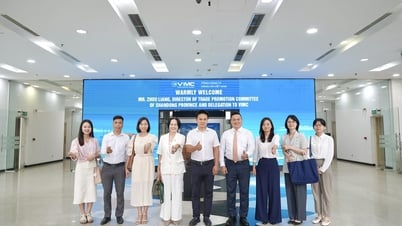
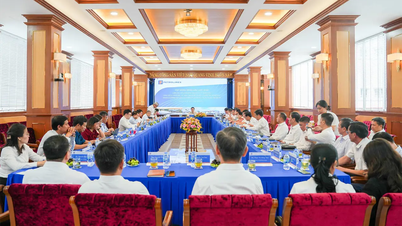

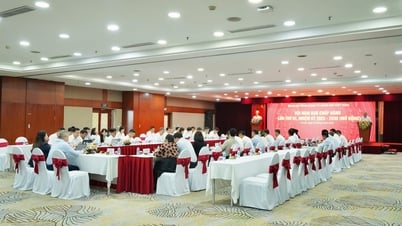









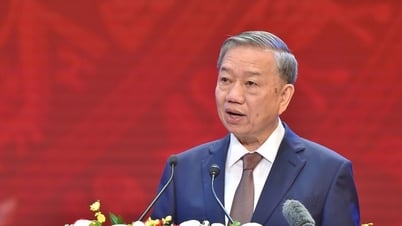





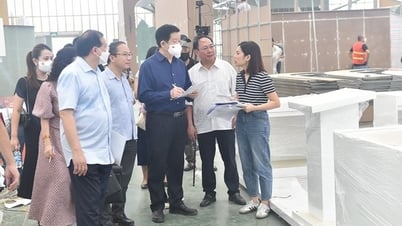

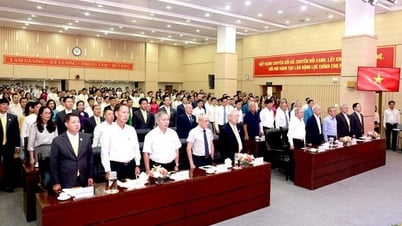






















Comment (0)